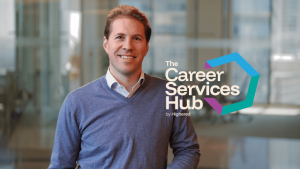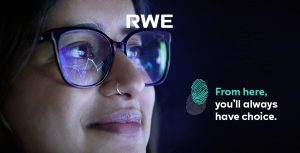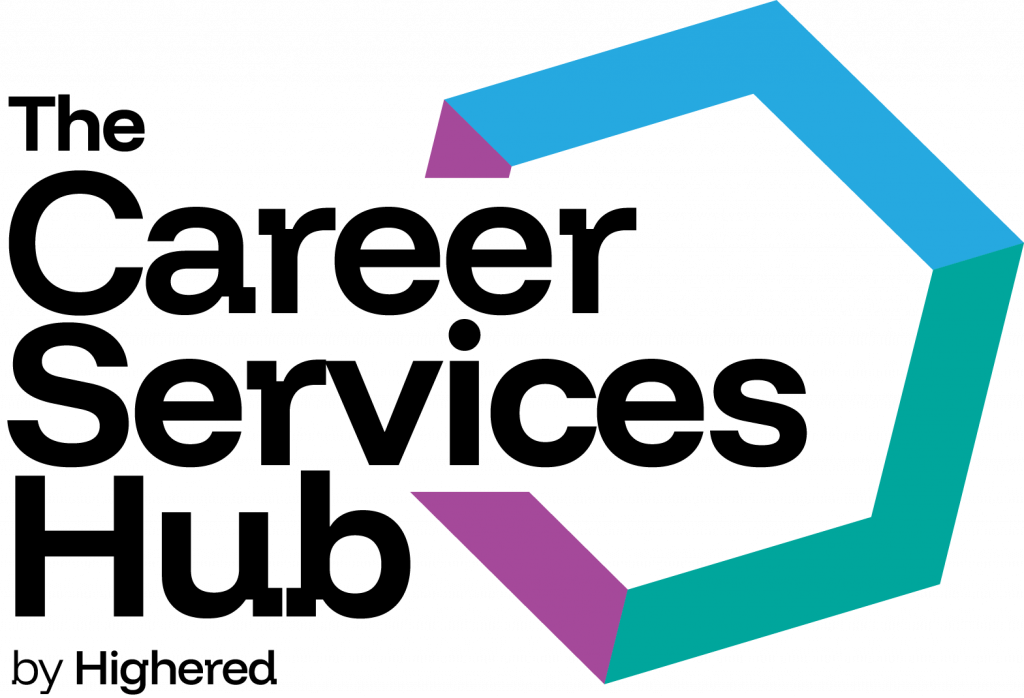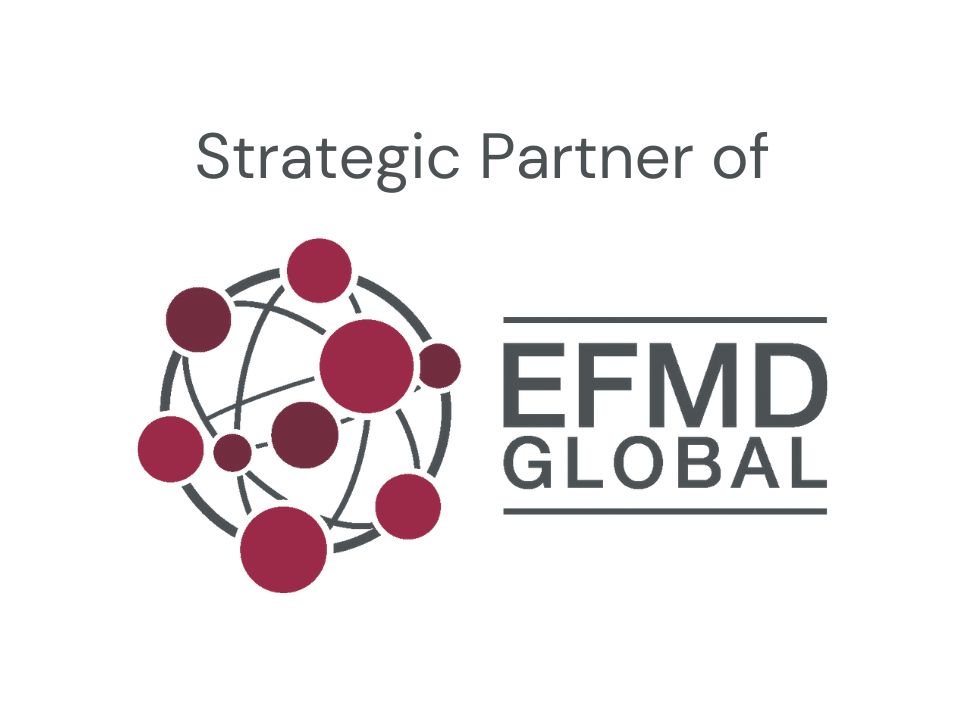I started university knowing I have chosen the right course – I’ve been passionate about the subject for years, excited to learn more and get a degree in something I enjoy. However, one vital question kept creeping up way too often to avoid it – What do I do next with this degree?
Should I pursue a career path related to my degree?
I wasn’t alone in my fears – many of my peers joined the course out of passion and didn’t see themselves pursuing either of the two default career paths. Studying humanities has its perks – possibilities to utilize your skills on the job market are potentially limitless, depending only on how creative you get with them. Meanwhile, attempting to find a creative and useful career and not having a clear career path can be overwhelming to any young adult. This is equally true to most university courses, not just in humanities. The job market has become so fluid that exploring various paths, exercising skills in different fields and going the extra mile has become inevitable to find your way into it.
Let’s face it, having gotten to know yourself a little better in your early twenties, you might be leaving university uninterested in pursuing a career related to your degree. In 2019 a study conducted by YouGov in Singapore found that over half of Singaporean graduates don’t work in a degree-related field. With the rapid economic changes, especially during the tragic 2020, this may be equally true to most of the world’s job markets.
Do I really know if it’s for me?
Years before I started university, I was convinced I would end up in the entertainment industry and I was one of very few students who actually knew where they wanted to be. I took up plenty of volunteer projects, internships and freelance jobs – only to find out that not only was the job market in my country very limited but the amount of stress involved in that field was something I just couldn’t handle. At the same time, my personal life didn’t allow me to look for opportunities abroad. Needless to say, the reality of working in this field differed from my expectations and made me drop the idea altogether.
It’s important to make the most of opportunities around you (and there are so many!) to apply both your soft and hard skills in various projects. That career path you had in mind for years and thought it’d be perfect for you? It may be just as well – it might have been a flop. Perhaps you are completely unsuitable for that position after all or it is simply unsatisfying, career prospects may be too sparse, etc. You won’t find this out unless you try – and the sooner the better, to avoid the risk of wasting your time, energy and financial resources.
How do I find out what’s right for me?
Here’s a tip for you on how to make the most of your career-unready 20s. One of the many things I found extremely useful during my study years and after graduation were career fairs for students and alumni. Attending workshops on practical matters such as navigating the job market or writing a good CV and cover letter taught me the absolute basics which helped me score job interviews, while presentations from employers and visits at their booths introduced me to avenues I never thought of pursuing. That experience led me to apply and get accepted for a student project at Motorola Solutions, which extended my job opportunities to a global market. Many different experiences and countries later – here I am enjoying this job in my dream country!
The world’s largest career fairs, the EFMD Global Virtual Fairs, are coming up in just a few weeks. That’s plenty of time for you to prepare a CV and have it ready for a review during one of the CV Clinics – live webinars with Highered’s Chief Talent Officer, Amber Wigmore Alvarez and guest career professionals from schools in our network.
Since the 5-day event is fully virtual, it’s much easier to navigate through dozens of booths from top employers worldwide. You can chat with recruiters in real time and attend webinars, where you will find out more about topics such as their workplace culture, career opportunities for students and graduates, and more.
Not only will you learn the basics of entering the job market and interact with recruiters but also get inspired by top speakers at the Digital Conference and apply for hundreds of positions worldwide on the spot.
This is a great chance to kick-start your career and better understand the current recruitment landscape so don’t wait and register for the 11-15 October EFMD Global Virtual Fair. Come and learn all you need to know about opportunities available to you by the handful – even those that don’t seem too exciting at first. Those small, seemingly inconsequential steps are what makes your early-career journey worthwhile and will lead you to do great things.







